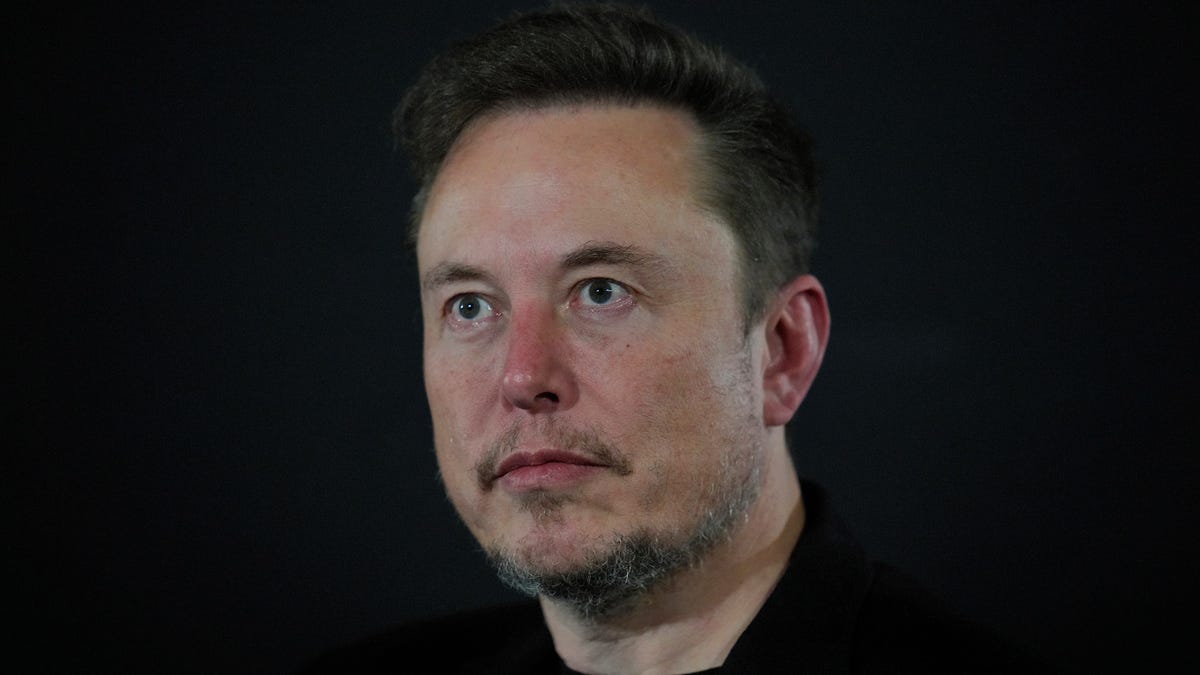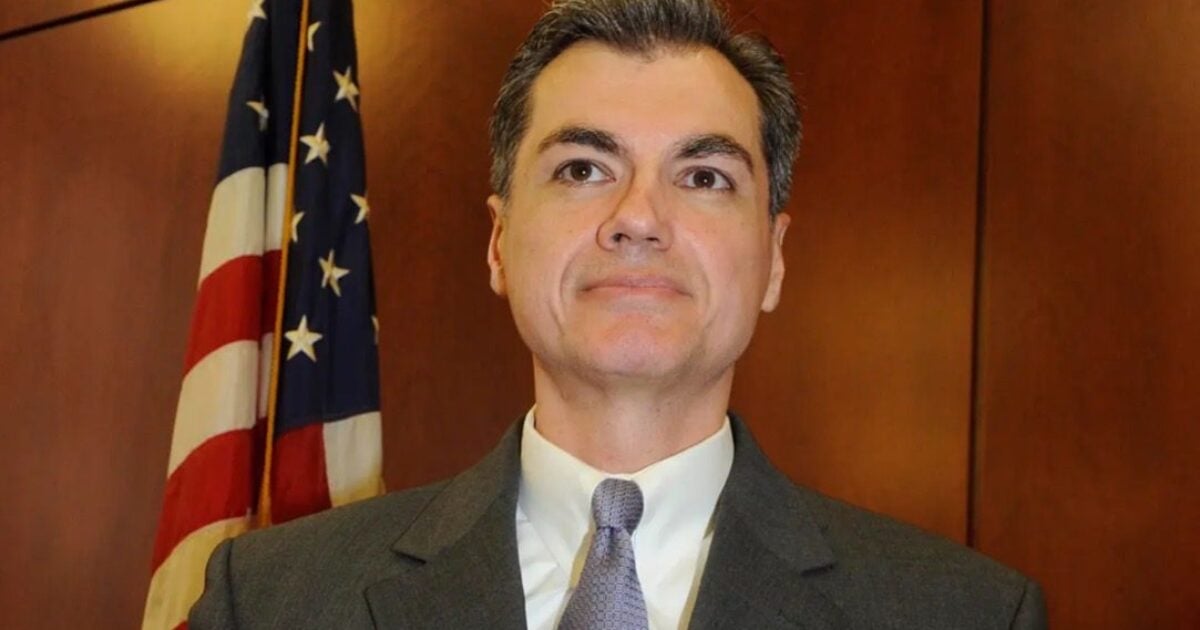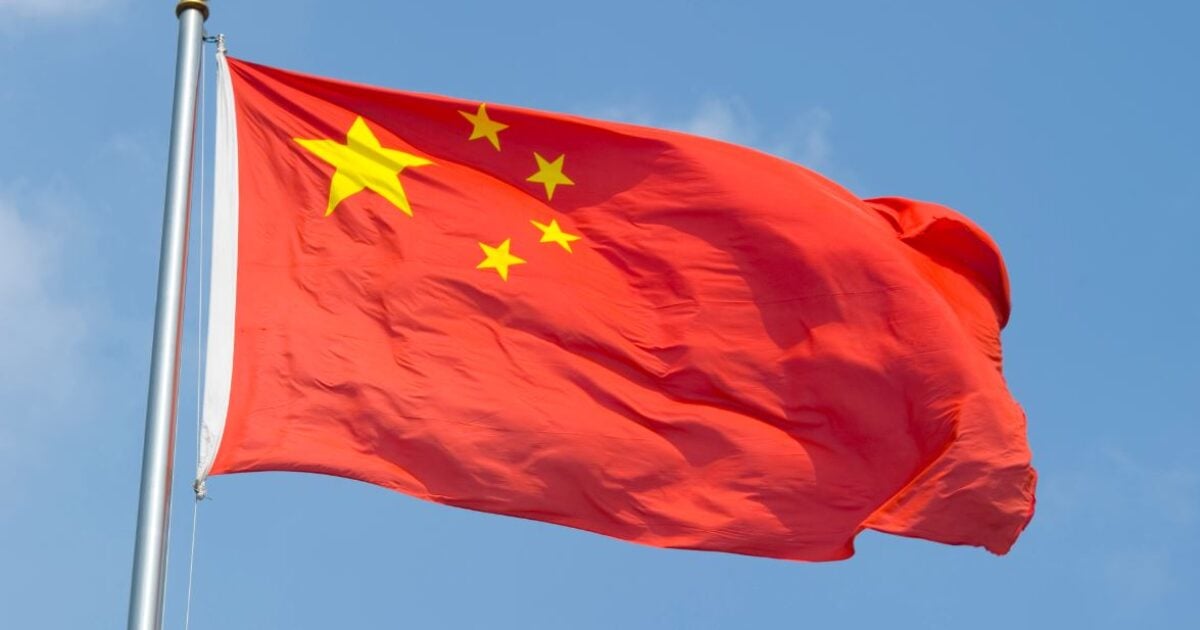Tesla Severance Package Controversy
Tesla CEO Elon Musk recently addressed concerns regarding the severance packages offered to over 14,000 employees who were laid off as part of the company’s largest round of layoffs in history. Musk acknowledged that some severance packages were inaccurately low and expressed regret for the oversight. This revelation came to light through an email sent to affected employees, emphasizing the immediate correction of this error.
Employee Dismissal Procedures
The layoffs were executed abruptly, with affected employees receiving termination notices via personal email accounts. Some employees only learned of their dismissal upon arriving at work, where they were denied entry due to their termination status. This sudden and impersonal approach left many individuals in a state of shock and uncertainty about their future.
Those who were laid off were offered a severance package consisting of two months’ pay and continued health insurance coverage. However, the agreement required them to waive certain rights, including the ability to pursue legal action against the company or disclose proprietary information. The lack of clarity regarding equity awards and unused paid time off further added to the ambiguity surrounding the compensation offered.
Global Impact of Layoffs
The repercussions of the layoffs extended beyond Tesla’s domestic operations, with significant job cuts reported at various international facilities. For instance, the Tesla plant in Buffalo, New York, witnessed a reduction of 280 employees, accounting for approximately 14% of its workforce. Similarly, Tesla’s factories in Shanghai and Germany experienced workforce reductions, contributing to the company’s global restructuring efforts.
Key executives, such as Andrew Baglino and Rohan Patel, parted ways with the company following the layoffs, signaling a shift in leadership dynamics within Tesla. These departures, coupled with the company’s declining stock performance, have raised concerns among investors and industry analysts.
Market Response and Future Prospects
Deutsche Bank’s recent downgrade of Tesla’s stock from a buy to a hold rating, along with a lowered price target, reflected the uncertainties surrounding the company’s strategic direction. The cancellation of plans for a budget-friendly electric car in favor of focusing on autonomous driving technology further reshaped market expectations.
Despite these challenges, Tesla’s innovative prowess and commitment to sustainable transportation remain foundational pillars of its corporate identity. As the company navigates through this transitional phase, stakeholders are keenly observing how Tesla adapts to evolving market dynamics while upholding its core values and mission.
Image/Photo credit: source url





